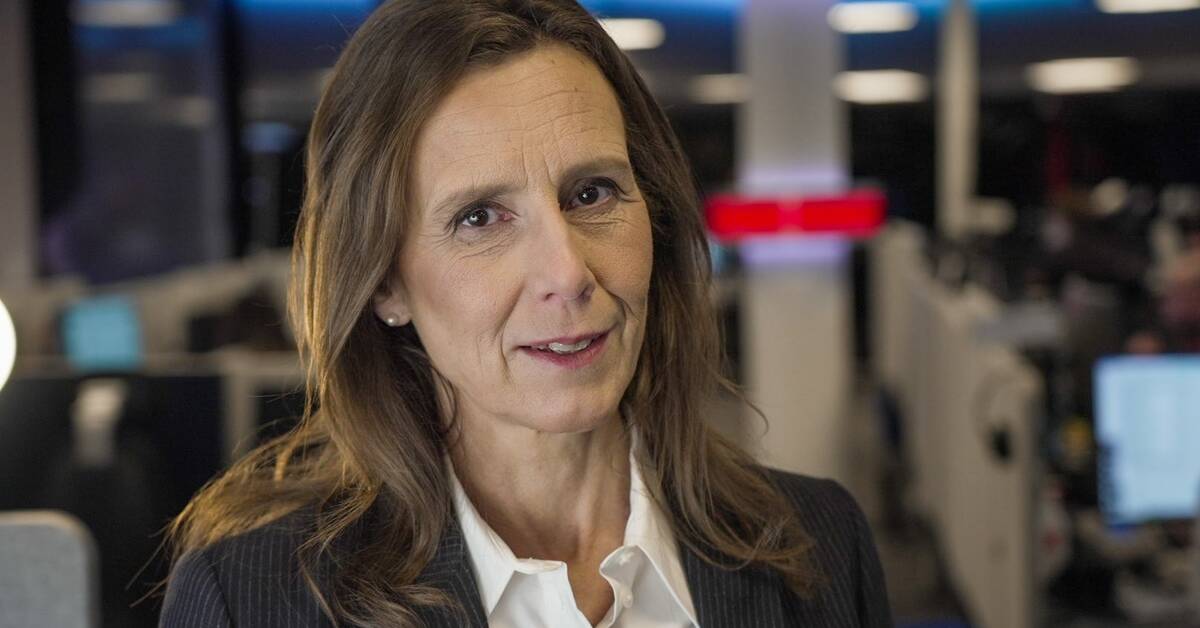Billions in contributions from the state - and other owners - have admittedly been a recurring element in SAS's operations over the years.
But now SAS has lost SEK 20 billion in two and a half years.
And today's message is unparalleled: SAS needs a total of SEK 30 billion to live on.
Almost 10 billion is new money that SAS is trying to pick up from every conceivable direction.
SEK 20 billion is money that is already in SAS as a loan, and which SAS wants to convert into equity.
The Swedish state has lent some of this money.
So now the government is considering whether to agree that these hybrid bonds with annual interest to the taxpayers, should instead become ordinary equity and probably mostly used to cover losses for a long time to come.
Has postponed interest payments
In the meantime, SAS, to top it all off, has postponed interest payments on these so-called hybrid bonds.
These are loans of SEK 2.5 billion from the Swedish state and SEK 3.5 billion from the Danish government, with interest totaling SEK 138 million.
It is permissible to defer interest payments according to the agreement, but this hardly makes the situation now feel more appetizing.
Especially as SAS itself did not say in the press release in April that it was the Swedish and Danish state's rescue money it was about.
(I myself had to rummage around far into a 125-page prospectus for another hybrid bond to find out.)
If the Swedish state reluctantly agrees to convert the 2.5 billion loan into equity in SAS, it feels all the more out of the question that the state will contribute to the completely new 9.5 billion that SAS also needs.
Wallenberg, who is the third largest owner, co-founded SAS, has invested new capital before when needed, but has moved more and more into nagging the state about money.
It is therefore not likely that Wallenberg will make a new major investment either.
The airline SAS, which once symbolized Swedish modernity and Swedish business success, is simply not as important anymore, neither for business nor the Swedish economy.
Global business can often be done through Zoom and Teams nowadays, conveniently and also cheaply.
Large Swedish export companies can now just as easily make money from not traveling, as from traveling.
SAS, which was built to meet the needs of business travelers to travel from three Scandinavian countries to the world, will now try to make money by flying leisure travelers to Spain: SAS estimates that 80 percent of travelers will be leisure travelers in the future, and this summer the company will fly 350 times a week to Spain.
May be pilot strike
So now SAS is trying to redo itself completely and cut off 7.5 billion in annual costs for survival.
It's going very badly.
Management warns today that SAS could collapse if both new money and cuts do not work.
But the union is protesting and soon there may be a pilot strike.
On top of that, SAS has neither the plan nor the personnel to cope with the sudden upswing after the pandemic.
The company is forced to cancel 4,000 flights this summer.
And then we have the chaos at the security checks that surely deter some people from flying.
Or to continue with Leif Östling's words in the "What the hell do I get for my money" interview about paying taxes.
- You do not get the money, do you mean?
- No not much.
It's just queues, queues, queues.
Östling referred to the tax-financed care.
But burning tax money on flying leisure travelers is still a bit worse than burning them on inefficient care, many may think based on the above.
And then we still have not even gotten into the climate issue.

